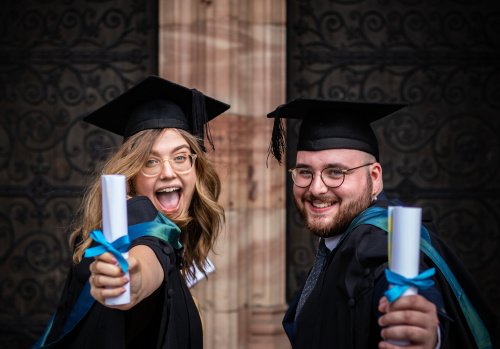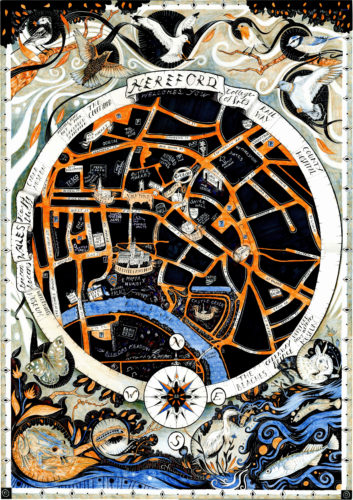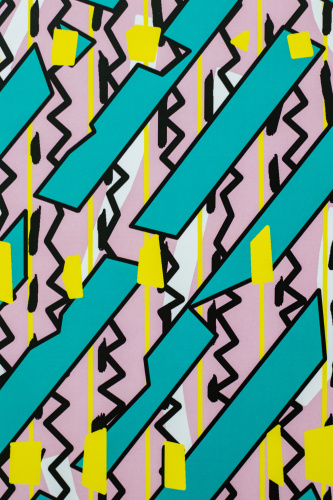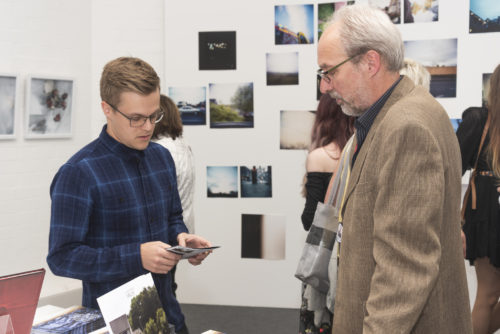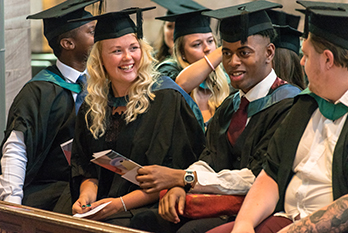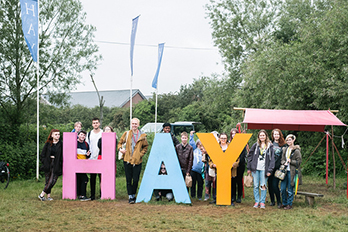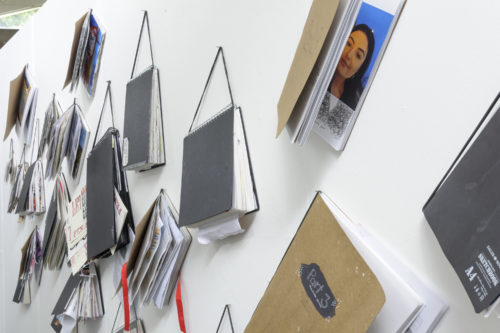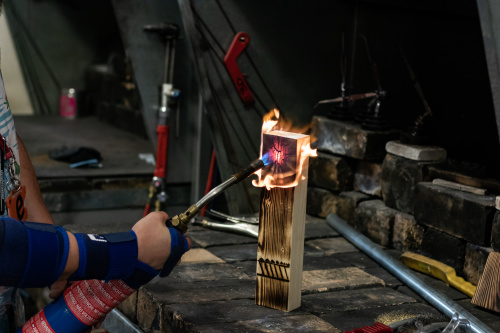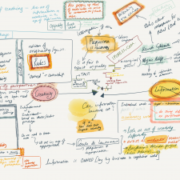Part of the conversation at #porousuni
Published on 10.05.17
One of the issues of having our communications mediated by digital devices is that they can feel overly formalised or institutionalised. Events that (face-to-face) we accept as a necessary part of human interaction (the spilt tea, the late train which causes half the parties at a meeting to be late) we can react to differently
Categories
One of the issues of having our communications mediated by digital devices is that they can feel overly formalised or institutionalised. Events that (face-to-face) we accept as a necessary part of human interaction (the spilt tea, the late train which causes half the parties at a meeting to be late) we can react to differently in the digital domain, where the slow wi-fi, the broken link become triggers for impatient tapping of keyboards and frustration at our ‘lack of progress’ as if our very action at sitting at a computer transports us to a futuristic utopia of productivity (social or commercial). Because that’s what machines are for, aren’t they?
And, great though the Information age is (and I wouldn’t be without it – ready access to information is wonderful) and while trying hard to communicate online every time the web shrugged and re-formed through its various phases (my favourite being the period of fast-scrolling multi-coloured text in chat rooms where 21 conversations were going on at once) most of my experiences of the digital have been transactional rather than creative.
So, my first experience of participation in a virtually connecting session was a welcome twist and flip. This felt like discussion – meaningful discussion. It felt like knowledge-exchange. It felt as if I’d met lots of super-interesting people that I wanted to listen to and it felt as if I had a voice in an interesting conversation around a topic that I find genuinely and deeply interesting. Crucially, it was a conversation which I would never have taken part in face to face. The digital – and this particular digital – mediated in this particular way – did let me participate in this conversation ‘in real life’.
Lovely as my home institution is (and it is), there is no way I would expect a small arts college to fund me to visit the Highlands and Islands for a three-day conference about a topic that relates to my personal interests. They have better things to spend money on – when I have colleagues offering up their spare time to give public lectures so they can help fund our students to exhibit in London I am not prepared to start demanding a paid three-day vacation. Does this sound familiar, CBHE people?
But, what my college don’t begrudge is an hour out of the office to participate in knowledge exchange. This is do-able. And rewarding. And (financially) free although cost is relative here – this may have been financially free for me but it’s clearly also dependent on the skills, goodwill, knowledge, ideologies and tenacity of the vconnecting community, and the extraordinary Maha Bali, who writes so well about so many ‘big’ ideas in an accessible way. I’ll give back when I can – I don’t believe in free rides and if we consider scholarship in CBHE as a meaningful idea it is surely an absolute imperative that if we get something great from an experience we need to volunteer something back.
So, on the one hand, this post is ‘about’ vconnecting and the way this organisation offers an opportunity to participate in ‘live’ google hangout conversations which bring you right into conversations at a conference. There are strong links here with scholarship on many levels.
Ideas from the conversation itself may be worth repeating, including ideas around how the traditional role of the University as a place where learning could flow both ways – towards the community as well as within itself has somehow been forgotten over the course of the (20. Frank Rennie’s provocation here was super-interesting. Language plays a part too – how can people outside of a specific community participate in learning conversations if the language is used to indicate top-down power and becomes a boundary-marker – a fence around a closed community. Technical and specialist language is important, but there needs to be a more accessible way of telling our stories running outside of this if people want to be understood by more than a very small specialist community. If institutions wish to be open then they must provide pathways and maps to help people across their landscape. And people must be able to read them.
The importance of creating spaces that are welcoming – that invite participation in learning as a social activity were also a key point I drew from both the online conversation and the twitter stream which accompanied the conference. Alex Dunedin introduced us to ‘The Ragged University’ – which looks to me like a fluid and friendly environment that has the capacity to gently erode the spikier edges of the formal educational experience so that is smoother – meaning more people can hold it.
One of the key thoughts the experience of both following the conference via twitter and the vconnecting hangout left me with is this idea of ‘permissions’. How might we seek ‘permission’ to join new, strange communities? What if we seek permission using a language the community doesn’t understand? Does the action of seeking permission in itself set up a framework where the seeker is in thrall to a larger (possibly fictional) authority which then has to bring itself into existence in order to grant or deny ‘permissions’.
And this brings me back to the digital – the particular telecommunications involved in connecting people online involve a series of specific protocols. These connections are tenuous, dependent on multiple external factors. They are often imperfect structures – just like the conditions in a meeting or corridor conversation. What was really lovely, for me, about the hangout, is that it felt human. The structure felt like a conversation that could have branched out in multiple, meandering, pathways – not one that expected a designed and structured single-track response. Dialogue. Hurray! Thank-you for allowing me to take part in this, virtually connecting people.
